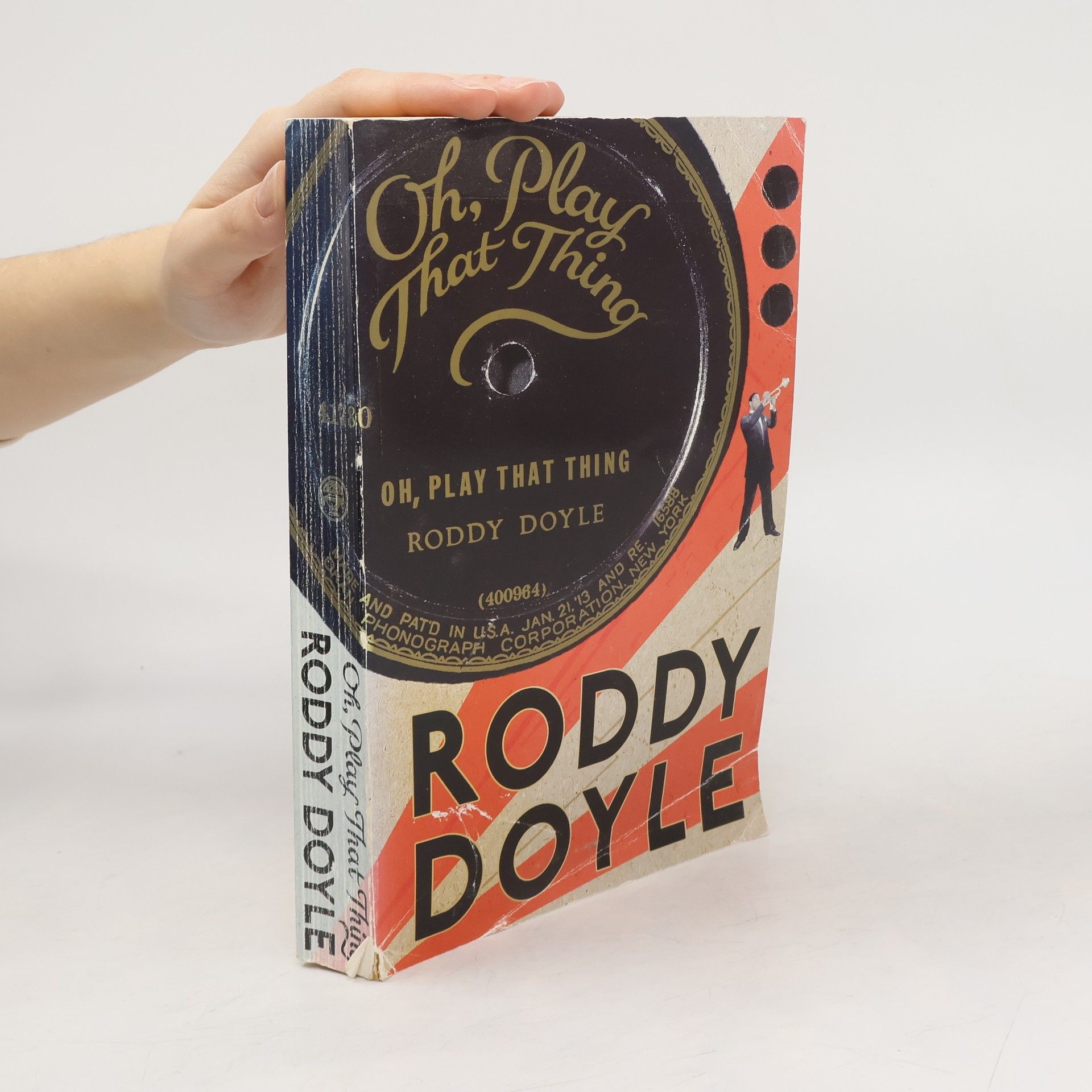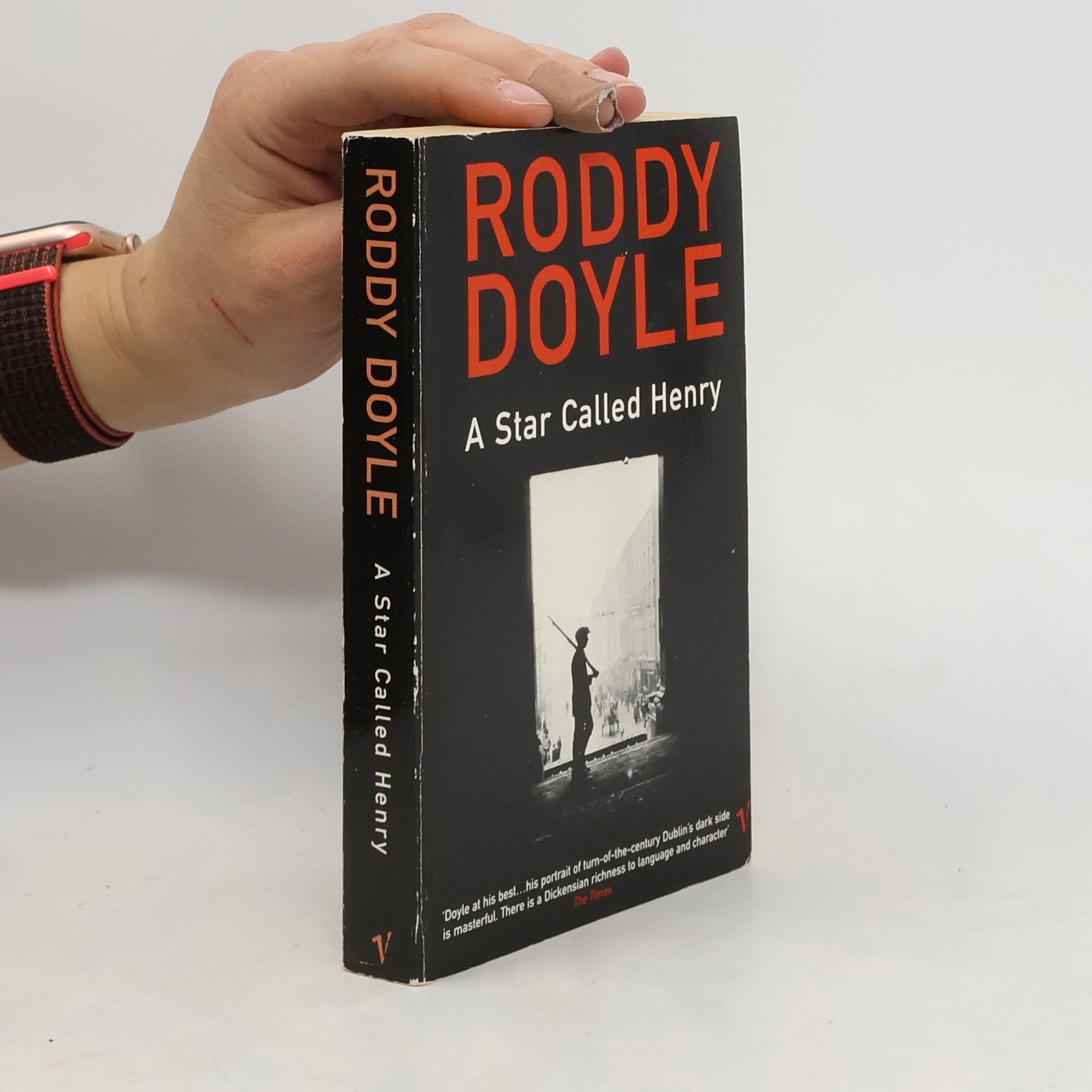A Star Called Henry
- 343pages
- 13 heures de lecture
Born in the slums of Dublin in 1902, Henry Smart has to grow up fast. By the time he can walk he's out robbing, begging, often cold, always hungry, but a prince of the streets. At 14, he's a soldier in the Irish Citizen Army, fighting for freedom. A year later he's ready to die for Ireland again, a rebel, a Fenian and a killer. Then, with his father's wooden leg as a weapon, Henry becomes a republican legend - one of Michael Collins' boys, a copy killer, an assassin on stolen bike. A historical novel like none before.


